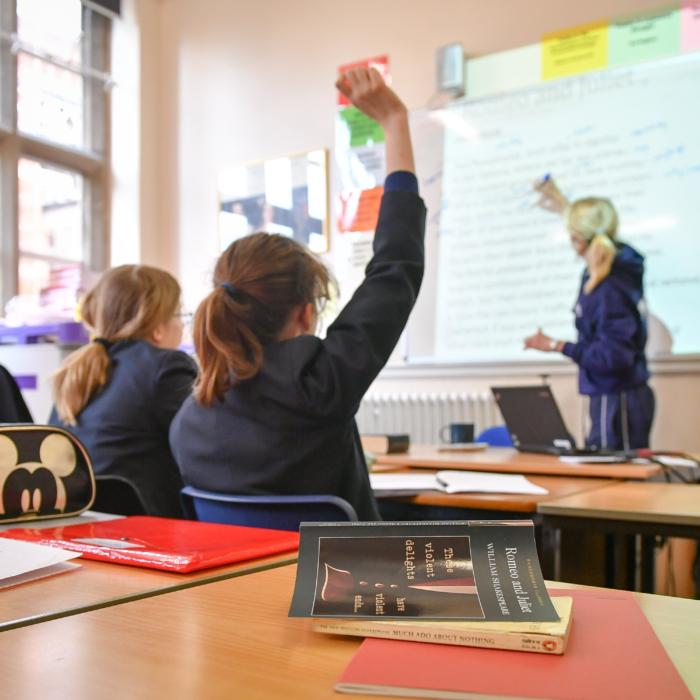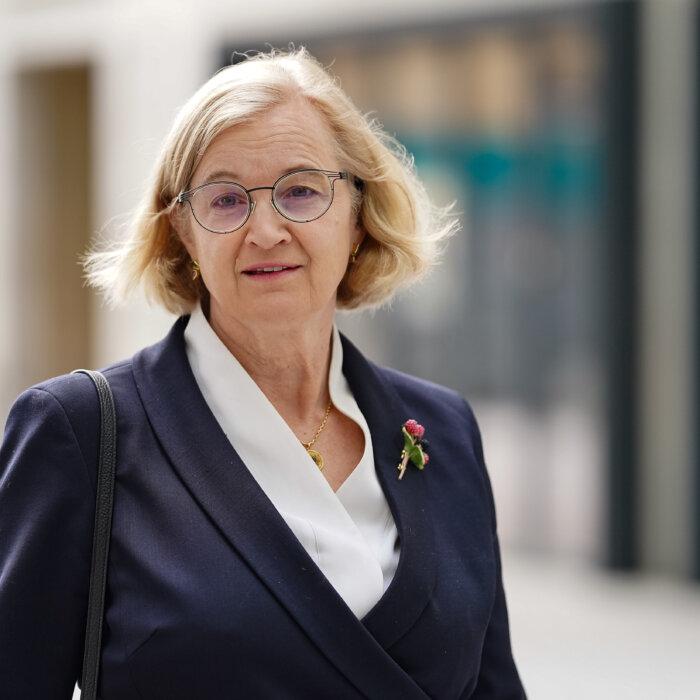The performance of schools in England could be assessed using a report card which includes a colour-coded five-point scale, replacing single-phrase judgments unpopular with educators.
Previously, schools would be given reports based on four single-phrase headline inspection outcomes—outstanding, good, requires improvement, and inadequate—with accompanying narratives to the judgment.
The inspectorate also plans to change its monitoring programmes so that it can check that schools with identified weaknesses have taken timely action to raise standards.
Ofsted Chief Inspector Sir Martyn Oliver said that these are the inspectorate’s initial proposals and that “nothing is set in stone,” urging parents to take part in a consultation on the plans.
The proposed reforms follow criticism over the former system following the death of headteacher Ruth Perry.
Perry had committed suicide in January 2023 after an Ofsted report downgraded her Cavendish Primary School in Reading from “outstanding” to “inadequate” over safeguarding concerns.
Traffic Light System
The proposals resemble a traffic light system, using a colour-coded scale ranging from red for “causing concern” to orange for “attention needed,” and progressing through shades of green for “secure,” “strong,” and “exemplary.”While the format of the reports will be largely the same across providers, early years, schools, and further education and skills will have different evaluation areas.
Schools, for example, could be graded on metrics such as leadership and governance, curriculum, achievement, behaviour and attitudes, attendance, personal development and wellbeing, and inclusion.
These grades will be accompanied by short summaries of the inspectors’ findings. But unlike with the previous system, “an overall effectiveness grade will not be awarded,” Ofsted said.
Oliver said, “The report card will replace the simplistic overall judgment with a suite of grades, giving parents much more detail and better identifying the strengths and areas for improvement for a school, early years or further education provider.”
More Complete Picture of Performance
Announcing the proposals, Phillipson said in a statement to parliament that the new report cards will “raise the bar on what we expect from schools whilst providing a more complete picture of school performance.”She criticised the previous single headline grades as being “low information for parents and high stakes for schools which is why we took swift action to remove them.”
“They were too vague and left too many struggling schools without the support they needed to improve,” Phillipson said.

Jason Elsom, the chief executive for the charity Parentkind, backed the plans, welcoming in particular Ofsted “making parental engagement an important part of the process for inspecting schools.”
‘Even Worse’
However, education unions have criticised the proposals, which they say are materially the same as the previous system.Pepe Di’Iasio, general secretary of the Association of School and College Leaders, said that the report cards “appear to be even worse” than what they replace.
Di’Iasio said the introduction of five new judgments, which can be applied across at least eight performance areas, “creates a set of hurdles which will be bewildering for teachers and leaders, never mind the parents whose choices these reports are supposedly intended to guide.”

Likewise, the National Association of Head Teachers (NAHT) said plans to retain ranked sub-judgments “risks replicating the worst aspects of the current system.”
“Given that Ofsted previously struggled to provide reliable judgments using a 4-point scale, it is very hard to see how they will be able to do against a 5-point one,” the NAHT’s general secretary, Paul Whiteman, said.
Ofsted has said it will publish a report on the outcome of the consultation in the summer, with the final agreed reforms to be piloted before being fully implemented in autumn 2025.







